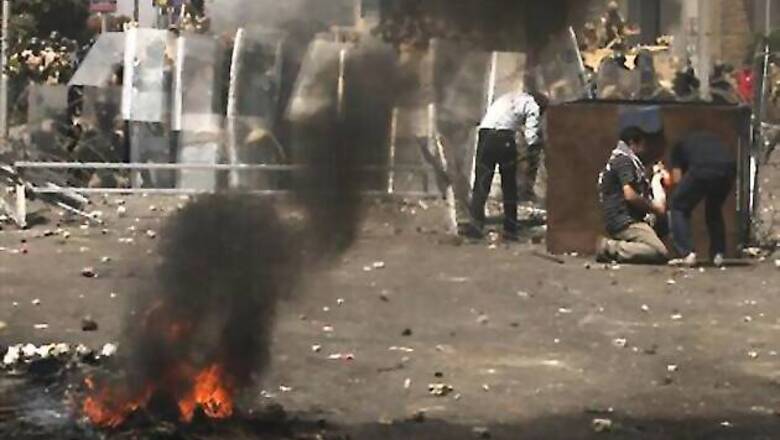
views
The death toll from political violence in Egypt has climbed to 421, the health ministry said on Thursday.
The nationwide violence erupted on Wednesday after security forces broke up Cairo protest camps set up by supporters of deposed President Mohamed Morsi.
Egypt's Muslim Brotherhood said on Thursday it would bring down the "military coup" but stressed it remained committed to a peaceful struggle, despite the heavy loss of life when government forces broke up its protest camps.
The crackdown on Wednesday defied Western appeals for restraint and a peaceful, negotiated settlement to Egypt's political crisis following the military's removal of Islamist President Mohamed Morsi last month, prompting international statements of dismay and condemnation.
"We will always be non-violent and peaceful. We remain strong, defiant and resolved," Brotherhood spokesman Gehad El-Haddad wrote on his Twitter feed. "We will push (forward) until we bring down this military coup," he added.
Security forces struggled to clamp a lid on Egypt after the worst nationwide bloodshed in decades, although a curfew largely held in Cairo overnight.
Islamists clashed with police and troops who used bulldozers, teargas and live fire on Wednesday to clear out two Cairo sit-ins that had become a hub of Muslim Brotherhood resistance to the military after it deposed Morsi on July 3.
The clashes spread quickly, and a health ministry official said about 300 people were killed and more than 2,000 injured in fighting in Cairo, Alexandria and numerous towns and cities around the mostly Muslim nation of 84 million.
In Ankara, Turkish Prime Minister Tayyip Erdogan called on Thursday for the UN Security Council to convene quickly and act after what he described as a massacre in Egypt.
"Those who remain silent in the face of this massacre are as guilty as those who carried it out. The UN Security Council must convene quickly," he told a news conference.
At the site of one Cairo sit-in, garbage collectors cleared still-smouldering piles of burnt tents on Thursday. Soldiers dismantled the stage at the heart of the protest camp. A burnt out armoured vehicle stood abandoned in the street.
The Muslim Brotherhood said the true death toll was far higher, with a spokesman saying 2,000 people had been killed in a "massacre". It was impossible to verify the figures independently given the extent of the violence.
The military-installed government declared a month-long state of emergency and imposed the dusk-to-dawn curfew on Cairo and 10 other provinces, restoring to the army powers of arrest and indefinite detention it held for decades until the fall of autocrat Hosni Mubarak in a 2011 popular uprising.
The army insists it does not seek power and acted Last month in response to mass demonstrations calling for Morsi's removal.
Vice President Mohamed ElBaradei, a Nobel Peace Prize winner who lent liberal political support to the ousting of Egypt's first freely elected president, resigned in dismay at the use force instead of a negotiated end to the six-week stand-off.
Other liberals and technocrats in the interim government did not follow suit. Interim Prime Minister Hazem el-Beblawi spoke in a televised address of a "difficult day for Egypt" but said the government had no choice but to order the crackdown to prevent anarchy spreading.
"We found that matters had reached a point that no self-respecting state could accept," he said.
CHURCHES TARGETED
Islamists staged revenge attacks on Christian targets in several areas, torching churches, homes and business after Coptic Pope Tawadros gave his blessing to the military takeover that ousted Morsi, security sources and state media said.
Churches were attacked in the Nile Valley towns of Minya, Sohag and Assiut, where Christians escaped across the roof into a neighbouring building after a mob surrounded and hurled bricks at their place of worship, state news agency MENA said.
The United States, the European Union, the United Nations and fellow Muslim power Turkey condemned the violence and called for the lifting of the state of emergency and an inclusive political solution to Egypt's crisis.
Interior Minister Mohamed Ibrahim told a news conference 43 members of the police force were killed in the clashes.
He vowed to restore Mubarak-era security after announcing, in a statement last month that chilled human rights campaigners, the return of notorious political police departments that had been scrapped after the 2011 revolution.
Wednesday's official death toll took the number of people killed in political violence since Morsi's fall to about 600, mostly Islamist supporters of the ousted president.
Violence rippled out from Cairo, with Morsi supporters and security forces clashing in the cities of Alexandria, Minya, Assiut, Fayoum and Suez and in Buhayra and Beni Suef provinces.
US Secretary of State John Kerry called the bloodshed in Egypt "deplorable" - a word US diplomats rarely use - and urged all sides to seek a political solution.
A US official told Reuters that Washington was considering cancelling a major joint military exercise with Egypt, due this year, after the latest violence, in what would be a direct snub to the Egyptian armed forces.
The "Bright Star" exercise has been a cornerstone of US-Egyptian military relations and began in 1981 after the Camp David peace accords between Egypt and Israel. The United States has already halted delivery of four F-16 fighter jets in a signal of its displeasure.
Islamist militants with no direct link to the Brotherhood have staged almost daily attacks on security forces in the lawless Sinai Peninsula bordering Israel since Morsi's fall.
In the latest violence, gunmen shot dead two policemen outside their station in El Arish in northern Sinai on Wednesday evening, MENA reported.










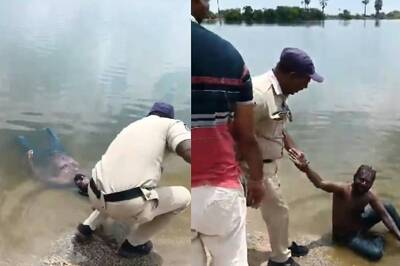


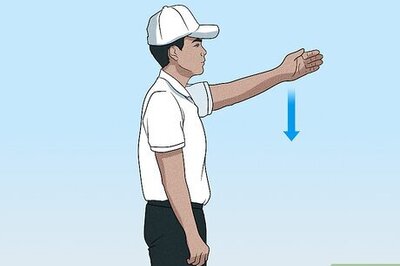




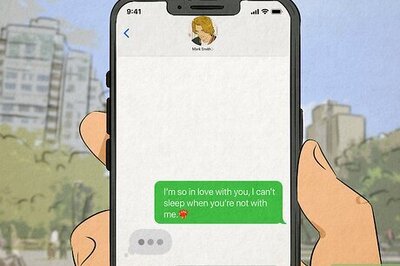
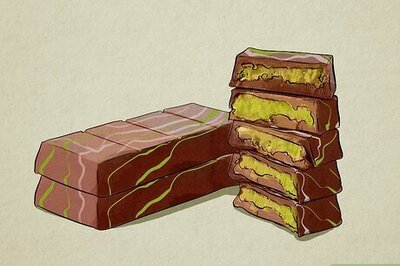
Comments
0 comment